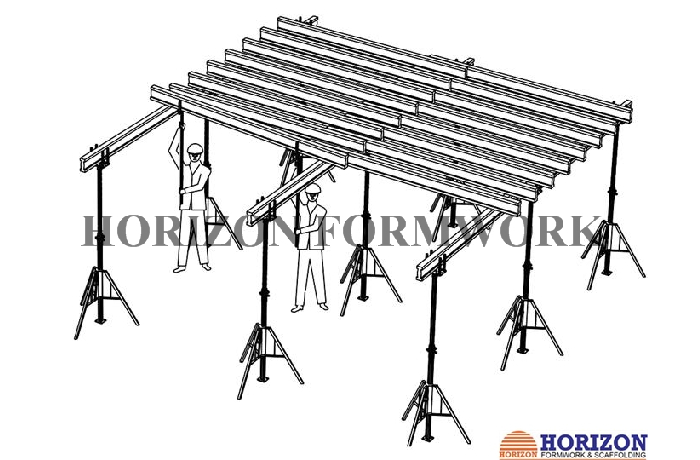elo . 13, 2024 19:56 Back to list
Exploring the Impact of OEM on Formwork Design and Construction Efficiency in the Industry
Understanding OEM and Its Impact on the Formwork Industry
In the construction industry, the term OEM, or Original Equipment Manufacturer, plays a crucial role, especially in the production and supply of formwork systems. Formwork is a temporary structure used to support concrete until it is set and can support itself. It is an essential element in various construction projects, ranging from residential buildings to large infrastructure like bridges and dams. As the construction sector continues to evolve, the significance of OEM partnerships in formwork solutions cannot be understated.
Understanding OEM and Its Impact on the Formwork Industry
One of the primary advantages of working with OEMs in the formwork sector is the access to specialized knowledge and technology. Many OEMs focus solely on developing formwork systems, which means they are at the forefront of advancements in materials, designs, and construction techniques. They utilize cutting-edge technology to produce formwork that is lightweight, durable, and easy to assemble. This innovation is especially crucial as construction projects are often constrained by time and budget, making efficient formwork solutions a necessity.
oem the formwork

Moreover, the use of OEM formwork systems can contribute to sustainability in construction. Many OEMs are committed to environmentally friendly practices, producing formwork from recyclable materials or implementing energy-efficient manufacturing processes. As the construction industry faces increasing pressure to reduce its carbon footprint, partnering with OEMs focused on sustainability can assist builders in achieving their green building goals.
Cost-effectiveness is another pivotal factor driving the adoption of OEM formwork. Since OEMs produce formwork at scale, they can often provide these systems at a lower cost than if a construction company were to develop and manufacture their formwork in-house. This not only allows for more competitive pricing in bids but also frees up capital for other project needs. Additionally, the ability to quickly source high-quality formwork can save both time and resources, further enhancing a project's overall efficiency.
However, there are also challenges associated with working with OEMs. The quality of formwork systems can vary significantly, and it is vital for construction companies to conduct thorough research and due diligence when selecting an OEM. Ensuring that the OEM adheres to strict quality standards and delivers reliable products is essential for the integrity of the construction project. Furthermore, clear communication between the construction company and the OEM is critical to ensure that the products meet specific project requirements.
In conclusion, the role of OEMs in the formwork industry is increasingly important. As construction projects become more complex and demands for efficiency and sustainability grow, the collaboration between construction companies and OEMs will continue to evolve. By harnessing the strengths of OEM partnerships, builders can access innovative formwork systems that enhance project delivery, reduce costs, and contribute to sustainable construction practices. Whether in residential, commercial, or infrastructure projects, the integration of OEM solutions is poised to shape the future of the construction industry.
-
OEM Column Formwork: Circular, Curved & Inclined Solutions
NewsAug.26,2025
-
Premium Scaffolding Jacks: Stable, Adjustable & Durable
NewsAug.25,2025
-
OEM Wall Formwork & Shuttering: Flexible & Curved Solutions
NewsAug.24,2025
-
Adjustable Heavy Duty Props for Slab Formwork | Strong & Reliable Support
NewsAug.23,2025
-
Adjustable Heavy Duty Props for Slab Formwork - Strong & Safe Support
NewsAug.22,2025
-
Formwork Spring Clamp Factories: Quality & Bulk Supply
NewsAug.21,2025